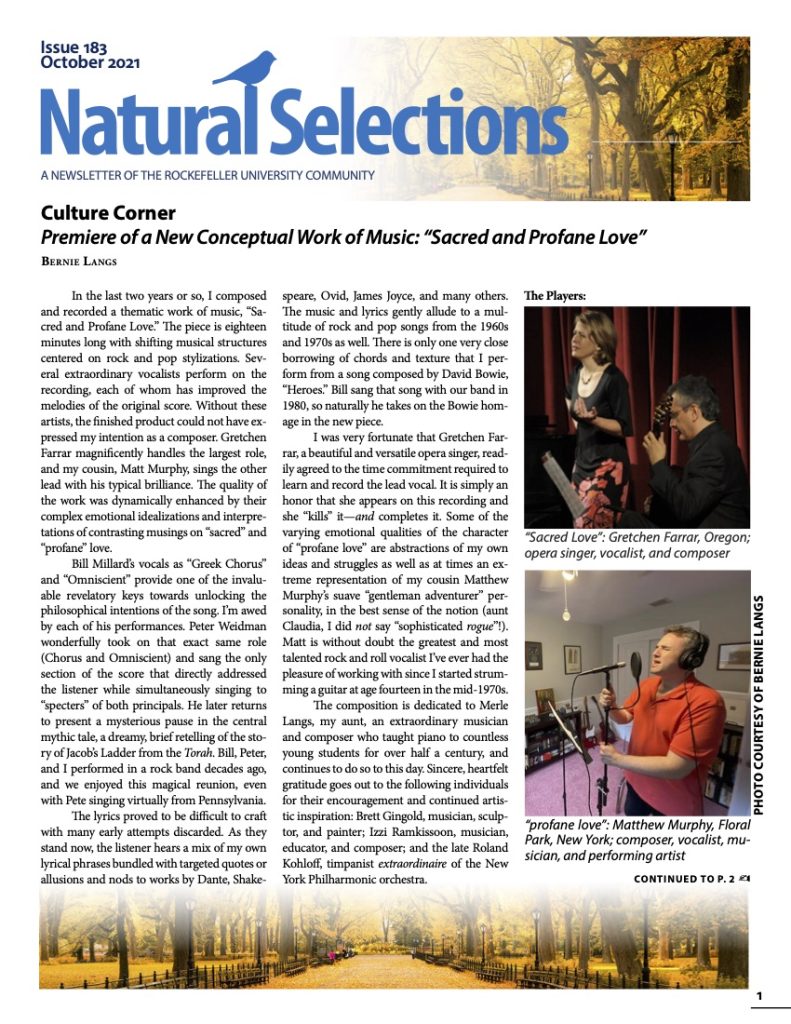By Susan Russo
You may already know that, with more than 1,000,000,000 free views online, TED Talks (www.tedtalks.com) have become a worldwide medium for pondering new ideas, creating discussion on areas of serious concern, enjoying humor with an edge, or just taking a break from your normal (or abnormal) way of life. TED stands for Technology, Entertainment, Design. The company’s 2007 mission statement said “free knowledge and inspiration.” Since 2006, the online presentations have been subtitled by volunteers in over 80 languages.
Following the recent climate marches in New York and throughout the world, and the United Nations meeting on Climate Summit 2014, you might want to visit the website to hear Nicholas Stern in his recent talk on “The state of the climate — and what we might do about it.” TED Talks is designed to bring well-known and some previously unknown speakers to us in short, lively filmed presentations on topics such as the Amazon, parenting, 3D printing, “mak[ing] stress your friend,” classical music, “why we cheat,” quadcopters, and comedy. Speakers have been Bill Gates, Al Gore, Malcolm Gladwell, Bono, Bill Clinton, Sergey Brin, Vijay Kumar, and Sarah Silverman (the latter’s talk during a conference filming was not presented online.)
TED Talks grew out of a TED conference in 1984 organized by Richard Wurman and Harry Marks. This one-time production morphed into an annual conference in Monterey, California, starting in 1990, with an admission price of $475. In 2012, the TED conference price was $7,500 per ticket, for a four-day event of talks and music, and what were hoped to be informal productive, or at least interesting, interactions. Tickets are by invitation only, or may be applied for with a form including an essay and references. The conferences are also simulcast in the US and Europe, to paying audiences.
TED Talks themselves have a maximum 18-minute timespace and are filmed before a live audience, with eight cameras. Besides invited speakers, since 2012 TED Talks has offered public auditions. TED Talks are edited by a group of TED “curators,” if necessary, to encourage stories rather than statistics for maximum audience appeal. One speaker has been reported to have even hired an acting coach. It has also been said that TED staff attend rehearsals to provide applause and laughs to prepare tyro speakers’s timing for reaction. For these reasons, some critics have dubbed the videos more entertainment than substance.
Take a look at some TED Talks and write about one for Natural Selections if it interests you. We would appreciate the opportunity to share your opinion.

